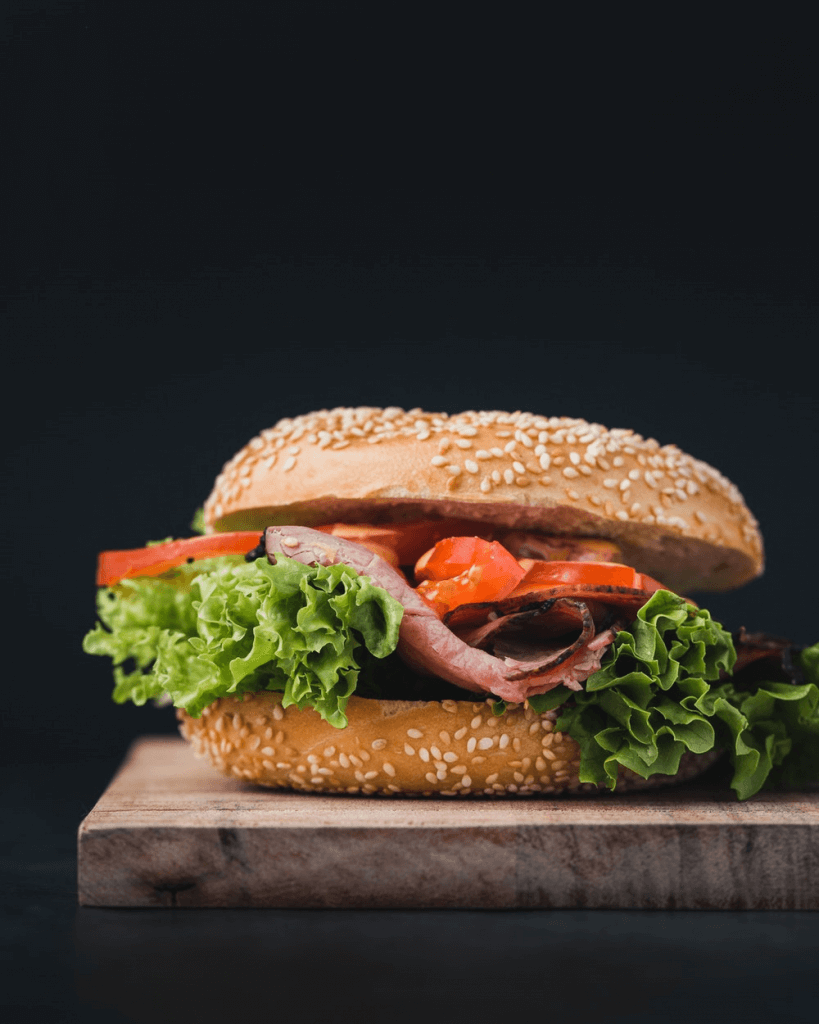
To Keto or Not to Keto?
‘Going keto’ is the rage right now. Once, a last ditch effort to manage epilepsy in children, this diet has grown in popularity much like the Atkins and
South Beach diets of our past. What is the keto diet? And more importantly, should you try it? If weight loss is your goal (and only goal), this diet
will not disappoint. But, there are significant trade-offs. And, like any diet, it can’t be sustained long term.
What is the Keto Diet?
The keto diet drastically reduces the carbohydrate intake, relying on protein and fat. That means a lot of meat, high fat/low sugar dairy,
butter, avocado, oils, eggs and nuts. And essentially no bread, rice, fruit, pasta, yogurt, starchy vegetables
like potatoes sweet potatoes, peas and corn and beans, sweets and alcohol. The absence of carbohydrates from the diet, forces
the body to rely on ketones for energy instead of glucose (the brain’s preferred fuel source) for energy. This process is known as ketosis.
What You Need to Know
Ketosis isn’t fun. You may be thinking, “but I love eggs, meat, bacon and avocado”. Try eating them exclusively for a month and let’s talk
again. It’s an extremely hard diet to follow and one that can lead to some serious health consequences.
I recently attended a workshop where nutrition and neuro-health expert, Ralph Carson, RD, PhD explained that the keto diet helps decrease seizure activity
in those with epilepsy by increasing glutamate levels in the brain; glutamate levels are often suppressed with this condition. However, if baseline
glutamate levels are within a normal range (i.e. for those of us without seizures), the elevation can lead to anxiety, restlessness, difficulty sleeping
and irritability. He attributed the initial “clear brain” individuals experience on this diet to the release of endorphins that occurs when glycogen
levels (stored glucose) are depleted.
Other side effects may include lethargy, GI issues (constipation and pain, nausea) and headaches. There is an increased risk of kidney and gall stones,
reduced bone mass and liver disease. A colleague of mine recently shared a gruesome picture of the contents from a gallbladder from
someone who had been following the keto diet (excessive fat intake can lead to cholecystitis, inflammation of the gallbladder ).
Not to mention, it’s difficult to follow in social settings and the fact that dietary rigidity sets the stage for disordered eating and eating disorders.
The one prevailing symptom of any diet, often continuing beyond the length on the diet, is preoccupation with food.
Bottom line, if you’re looking for weight loss at all costs and at the expense of sanity and health, the keto diet is for you. If you’re like most people,
you’re not willing to exchange a smaller number on the scale for mental wellbeing and bad breath. There are more moderate approaches to eating
to enhance wellbeing. And if it’s the appearance of your body that you’re not happy with, there are things to help with that too. They may not
be as sexy or trendy but they’re sustainable!
Another great read on Keto by a trusted colleague of ours, Jessi Haggerty, RD,
CPT



